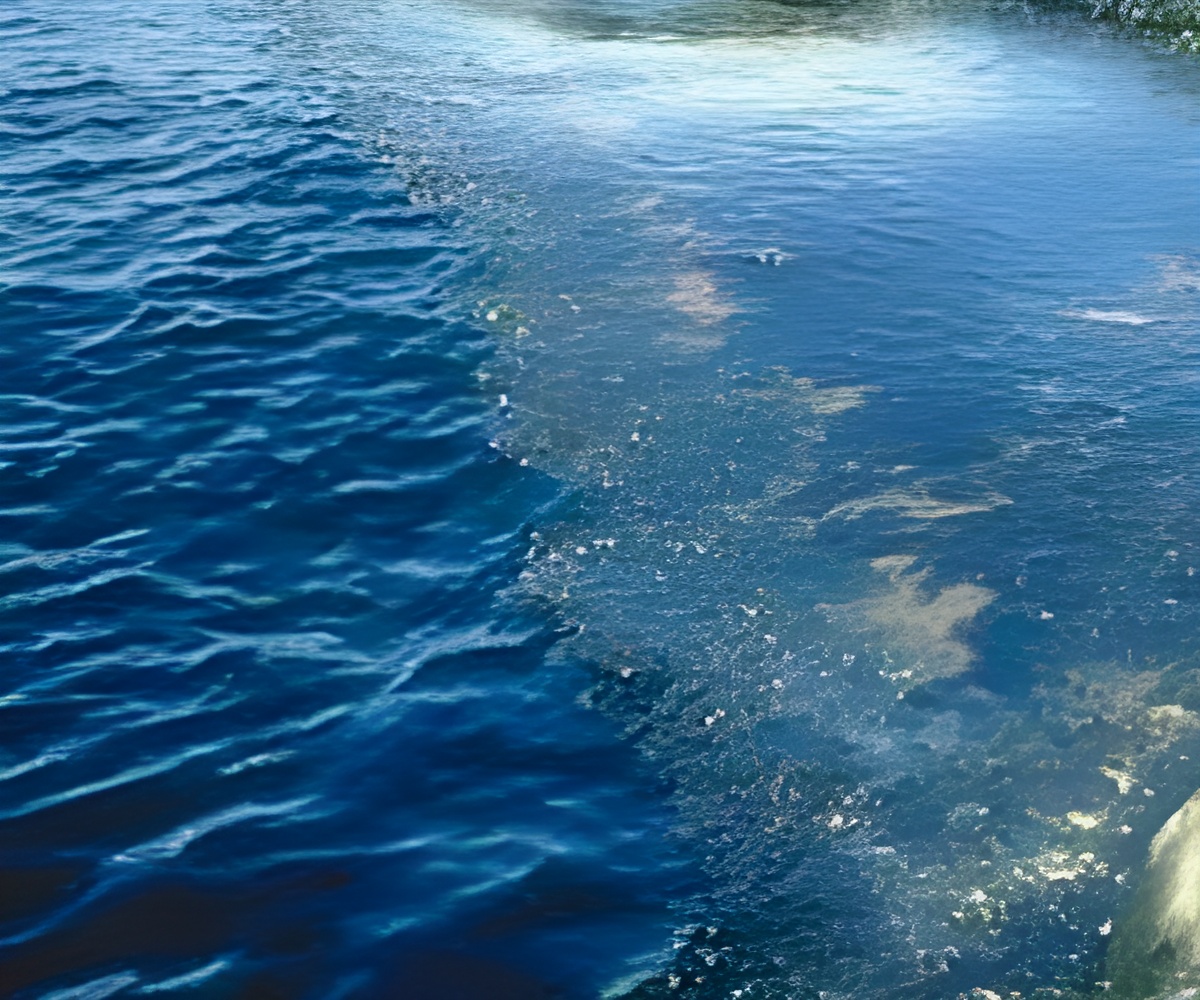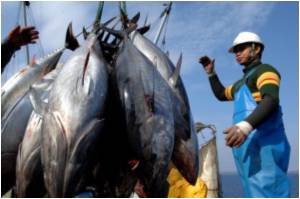
Interest in the problem increased when the devastating 2010 explosion on the BP-leased Deepwater Horizon drilling rig unleashed four million barrels of oil into the Gulf of Mexico during spawning season.
Scientists at the National Oceanic and Atmospheric Administration (NOAA) and Stanford University set out to understand what happened to the hearts of tuna which had been spawned near the spill.
They collected oil samples and young fish from the site and studied the impact of both fresh and 'weathered' oil on the fish heart muscles.
The researchers found that chemicals in the oil blocked the potassium and calcium channels that regulate heart rate and rhythm.
The basic mechanisms occurring there are vital processes in cardiac cells in all vertebrates -- including humans.
Advertisement
"We should be looking at the impact of air pollution on cardiac excitation coupling and I suspect we'll find the exact same response as we find here."
Advertisement
"These results on the NOAA side are going to have the potential to go beyond crude oil because there's so many other sources of PAH (toxic hydrocarbons) in coastal watersheds," he told reporters at the annual meeting of the American Association for the Advancement of Science.
"There's tie-ins from this to urban storm water runoff and pollution from other sources."
- Bad news for Gulf seafood -
The study also presented dismal prospects for the Gulf's commercial fishing industry and for the region's ecological health.
The breeding population of the bluefin tuna -- which can live 35 years and grow to a whopping 1,400 pounds (650 kilograms) -- had already fallen by 80 percent before the spill.
The latest stock assessment found that the bluefin tuna spawning population had fallen to just 36 percent of the 1970 baseline population.
A number of other important species -- including yellowfin tuna, dolphins, blue marlin and swordfish -- also spawn in the area worst hit by the spill.
While the impacts of the oil were most acute in embryos and larvae -- because adults can filter out some of the oil with their gills and livers -- the cardiac cells were blocked by oil at all stages of development.
The study also found that the 'weathered' oil -- which had been broken down by wave action and chemical dispersants used to keep the oil out of fragile wetlands -- was more toxic than fresh oil.
And even very low concentrations of oil had significant impacts.
It's not yet clear when the Gulf fisheries will stop feeling the effects of the oil spill, Scholz said.
Relatively high concentrations of oil will simply kill the larvae. Lower levels of oil in the water will still affect the survivability of the fish, but in less obvious ways.
"We're finding situations where fish that look outwardly normal may have subtle effects that persist," Scholz said. "If you put them on a fish equivalent of a treadmill later in life they have problems with their cardiac output."
The study will be published Thursday in the journal Science.
Source-AFP













